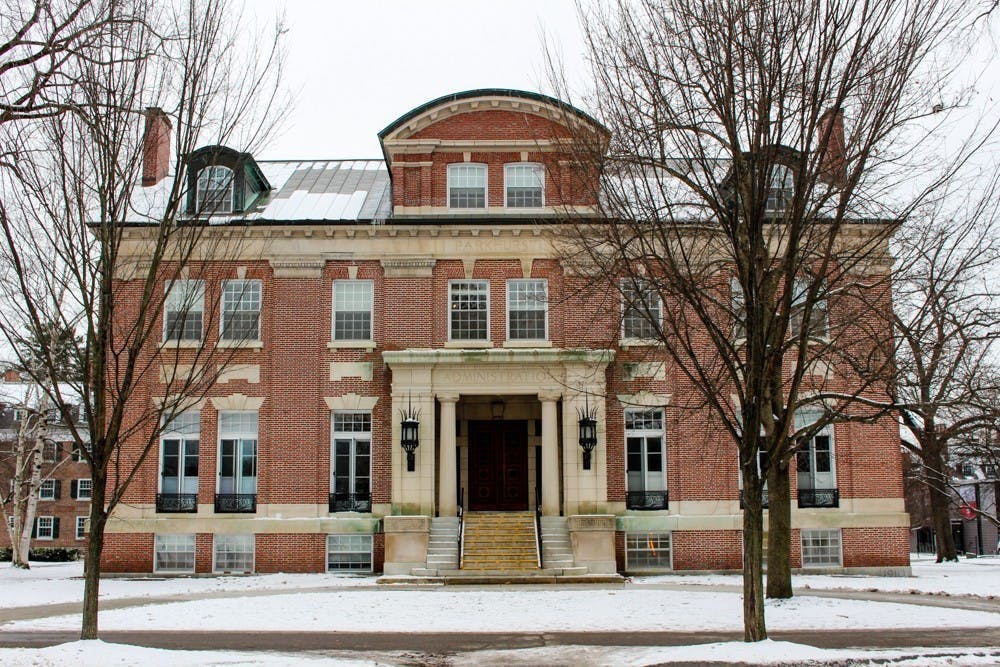
In a culture obsessed with instant gratification, it has become fashionable to eschew patience. From the offer of the societal elites encouraging talented students to forgo college in pursuit of independent projects fueled by grants to the decay of long-standing journalistic institutions in favor of short-form news content and the increasingly parasitic “blogosphere,” the virtue of patience is under assault on all fronts.
At its core, the fast-paced and liberated path seeks to sidestep the trivial gauntlet of admissions offices and burden of tuition. A commendable effort, to be sure.
Why toil for years at a newspaper under an editorial hierarchy when you can build your own literary kingdom on Substack, Ghost, Patreon, or any other name from the exhaustive list of open-source blog platforms? What is the purpose of enrolling in overcrowded science courses, at a liberal-arts college of all places, when thousands of dollars await in an outside grant? The impatient subvert traditional middlemen to forge their own path.
Truly, institutions often stifle, or at the very least delay, creative progress and innovation. The next Steve Jobs is very well sat in the basement of the Engineering and Computer Science Center working on a group project that holds no importance or relevance for his future goals. Was he mistaken in opting for the traditional route? We must be careful to not discard long-standing wisdom in our haste to make a name for ourselves. Anything of true substance is built with patience, and rejecting the conventional timeline (birth, school, work, death) does not get one as far as they imagine.
There is something to be said for a balanced undergraduate education. Forsaking the opportunity to take courses spanning a variety of academic subjects, engage in intellectually stimulating discussions with peers and professors, and live separated from the immediate pressures of a mature professional and personal life—quite possibly for the last time—is to deprive oneself of an incomparable experience and intellectual awakening.
Understanding the world beyond one’s narrow field of discipline is a skill best acquired through practice, not observation. To quote T.S. Eliot, “It is in fact part of the function of education to help us escape, not from our own time—for we are bound by that—but from the intellectual and emotional limitations of our time.” The undergraduate experience, if properly embraced, slowly illuminates the lessons of life for its participants. The impatient would sacrifice this in favor of a contrived brand of success that is soon to fade.
To reject patience entirely is to succumb to an insidious oppressor—the incessant craving for the cheap dopamine of immediate results and acclaim. Nuance is sacrificed on the altar of outrage, and groupthink masquerades as enlightenment.
Quick fixes are temporarily satiating, but any honest pursuit of nourishment requires patience. The path of greatest resistance often conceals that which is most rewarding. Indeed, spending year after year in Hanover is an arduous task, but the result of this is a resiliency and skill no posturing could replace.
The past three years I have spent with The Review are among some of the most enjoyable and strenuous times of my life. I began my freshman year by sitting in on the discussions of meetings, witnessing an intellectual curiosity and joie de vivre unlike anything I had seen on campus before. Fittingly, The Review is situated just off of college grounds, partaking in College life with the comfort of the knowledge that there is a world beyond Hanover. In an age where many college newspapers fall to ideological conformity and blind admiration, The Dartmouth Review remains committed to honesty, integrity, and independence. Truly, in these pages, you will not find mere quick hits of sensationalism, but rather, the result of patient and honest work.
My humble beginnings of writing local restaurant reviews matured into interviews with esteemed administrators and alumni of the College. I know well that the success of a well-delivered article is made possible only by seemingly unending hours of work.
Through this, I have been tested, criticized, and, presently, awarded with the title of Editor-in-Chief of the publication. If given the chance, there is nothing about this journey that I would alter. I very much look forward to the coming year and am grateful to present you with this first issue. This opportunity would not be possible were it not for my predecessor, Matthew Skrod, who has imparted to me all of the wisdom a college undergraduate could possibly possess.
By all means, we must continue to push the status quo and seek out the most advantageous of our endless possibilities. However, we must also maintain humility before those pursuits which require our full awareness. For some things, there are no shortcuts. Take heart, for the patient will inherit the earth.

Be the first to comment on "Editorial: On the Virtue of Patience"